Apple pledges royalty-free licensing of "nano-SIM" technology geared towards future iOS devices
The pledge, said to have been outlined earlier this month in a letter to the European Telecommunications Standards Institute (ETSI) penned by a senior member of Apple's legal council, comes just days before the iPhone maker is expected to square off against opponents of the design at the organization's Smart Card Platform Plenary in southern France.
Sized roughly a third smaller than existing MicroSIM cards found inside current iPads and iPhones, the proposed nano-SIM design — which is also noticeably thinner than that of MicroSIM — has already garnered the support of most European wireless carriers as part of their own proposals to the ETSI.
However, rival mobile device makers Nokia, RIM and Motorola have each voiced concerns in opposing standardization of nano-SIM — mainly out of fears Apple could eventually claim ownership of the patents behind the format, placing the company in a position of powered where it could command royalties from the broader industry.
The March 19th letter to the ETSI stands to invalidate these concerns, according to independent intellectual property analyst Florian Mueller, through "an unequivocal commitment to grant royalty-free licenses to any Apple patents essential to nano-SIM, provided that Apple's proposal is adopted as a standard and that all other patent holders accept the same terms in accordance with the principle of reciprocity."
"This shows that Apple is serious about establishing the nano-SIM standard rather than seeking to cash in on it," he said. "Apple is a company that values its intellectual property and rarely gives it away for free. But as far as the evolution of SIM cards is concerned, Apple is clearly being generous and absolutely pro-competitive."
Apple's proposed nano-SIM would be even smaller
than existing mini-SIM (top) and micro-SIM (bottom) designs.
In 2010, Apple was said to be working on an embedded SIM design that would allow users to select a carrier and service plan directly from their iPhone. But those plans allegedly upset the wireless operators, who felt they could be marginalized by such a move. As such, the Cupertino-based company compromised and began talking with carriers about designing a smaller SIM card that eventually emerged as the existing MicroSIM.
Apple's continued push towards further miniaturization of SIM cards aims to reduce the space required to house the identification cards inside its future mobile devices, paving the way for devices that are either more compact or free up additional space for other components, such as larger batteries.
 Katie Marsal
Katie Marsal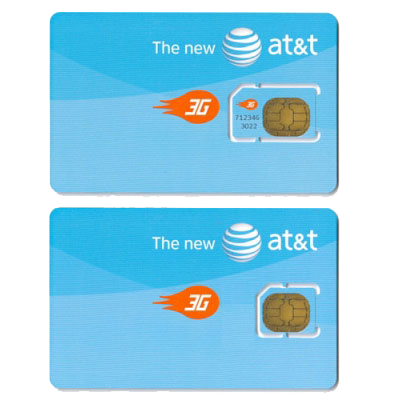


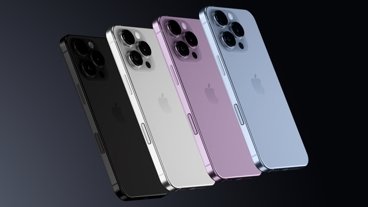
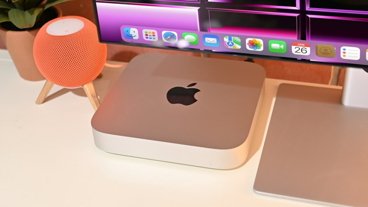






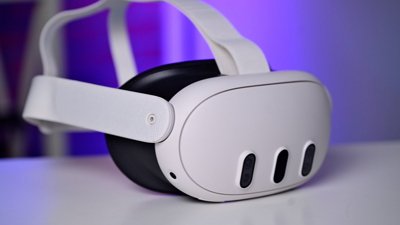
 Andrew Orr
Andrew Orr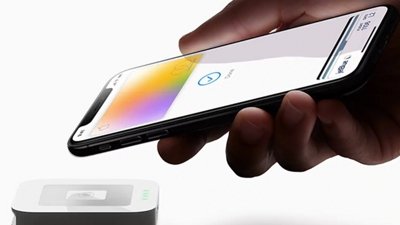
 Marko Zivkovic
Marko Zivkovic
 Malcolm Owen
Malcolm Owen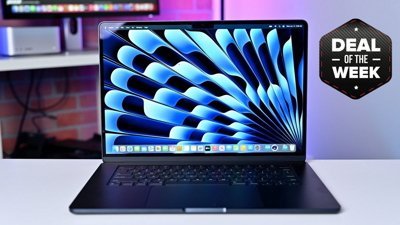
 Christine McKee
Christine McKee
 William Gallagher
William Gallagher
 Andrew O'Hara
Andrew O'Hara

 Sponsored Content
Sponsored Content







